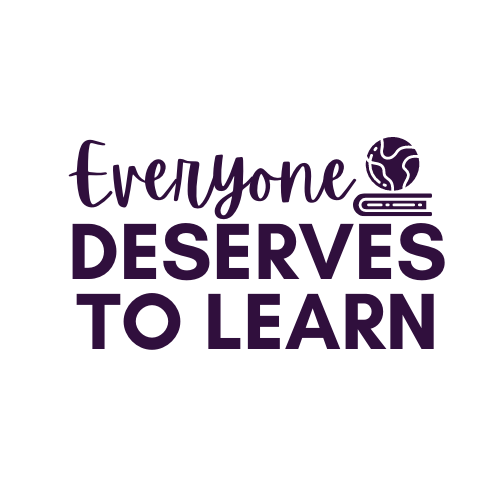Articulation Games for English Language Learners
In my position as an ESL teacher, I wear several hats: counselor, coach, social worker, and speech therapist. I'm in no way certified in speech pathology (unless you count the one course I slept through took in linguistics) but we all know that when duty calls, teachers rise to the occasion.
Several of my lower-proficient ELL's have been really struggling to produce basic sounds, let alone full on words or sentences. Some jumble through phrases, requiring multiple repetitions to be understood. Others get stuck in the middle of a sentence, not recalling what they've already said and therefore not knowing how to go on. There are plenty of reasons for all of these examples: lack of first language (L1) proficiency, bilingual transfer (when words are forgotten in one language as the other gets stronger), or a speech disability which prevents the child from producing sounds in any language.
I decided to try to tackle these issues by mixing the bit I know about speech therapy with current trends in language acquisition theory. I play a lot of conversational speaking games in my classes on a regular basis, but realized that I need a more targeted and intense focus for some of my Level 1 and 2 speakers, thus, my Articulation Games were born!
Several of my lower-proficient ELL's have been really struggling to produce basic sounds, let alone full on words or sentences. Some jumble through phrases, requiring multiple repetitions to be understood. Others get stuck in the middle of a sentence, not recalling what they've already said and therefore not knowing how to go on. There are plenty of reasons for all of these examples: lack of first language (L1) proficiency, bilingual transfer (when words are forgotten in one language as the other gets stronger), or a speech disability which prevents the child from producing sounds in any language.
I decided to try to tackle these issues by mixing the bit I know about speech therapy with current trends in language acquisition theory. I play a lot of conversational speaking games in my classes on a regular basis, but realized that I need a more targeted and intense focus for some of my Level 1 and 2 speakers, thus, my Articulation Games were born!
In these games, students can work on the goals and objectives that best suit their speaking needs. For my lowest proficient students, I had them say/repeat the word, then identify it in the picture. For my higher proficient students, I asked them to describe the word they landed on. I included challenge cards (not pictured) which are great open-ended and higher level thinking questions.
 |
| Yes, we are using Christmas erasers. Yes, it's April. #whateverworks |
Since my school is paperless, I simply printed the PDF into our file-sharing program called One Note, and my students were able to access it. For a whole-group game, I displayed the game board on my white board, and each student had a different colored magnet to use as a marker.
Our articulations and descriptive sentences started out low and slow, but soon gained momentum after plenty of modeling from me.
The current trends in ELL focus on learning language through the content area, and this is a great way to put that theory into practice. The language in these games all revolves around things we see in the spring, and touches on some science concepts.
I was so pleased with the progress my students made in their speaking after just one class period! We went from "Grass green." to, "The grass is green. We walk on it." If you're interested in trying these games out with your own ELL's or speech therapy students, click on any picture to head to my TPT store!
I'd love to give one away! Just leave me some love in the comments and I'll choose a winner on Thursday. Make sure to leave your email!







